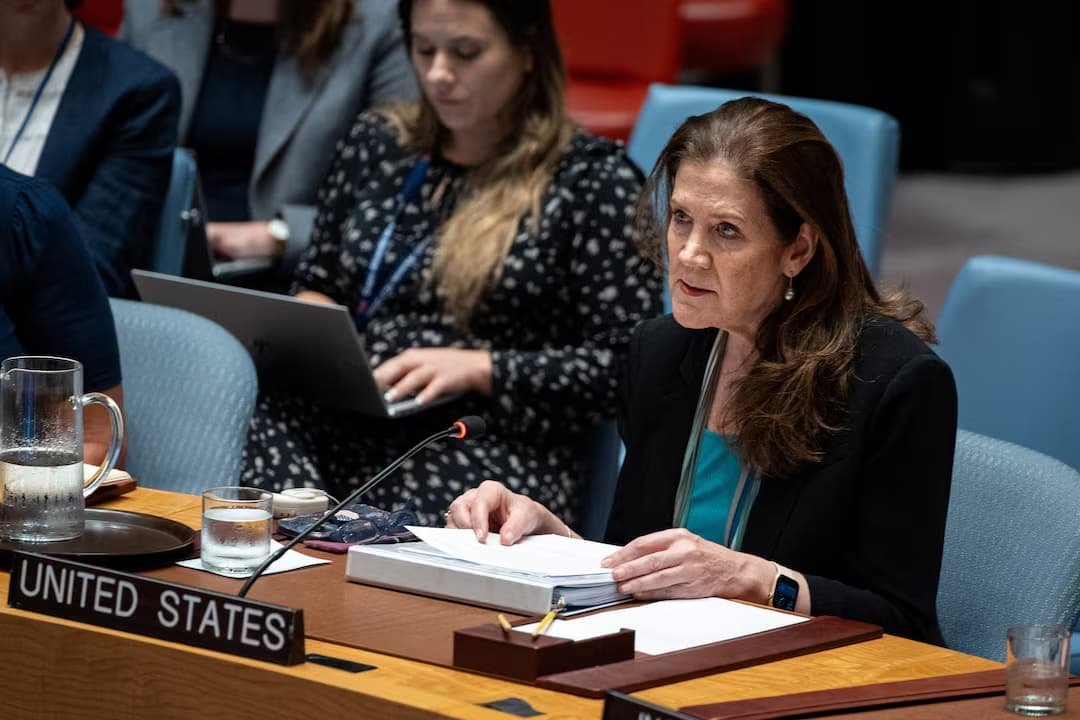In an extraordinary moment of unity, 14 out of 15 United Nations Security Council members forcefully declared on August 27, that the famine gripping Gaza is a “man-made crisis”, denouncing the use of starvation as a weapon of war and calling it a grave violation of international humanitarian law. In a joint statement, these members demanded an immediate, unconditional, and permanent ceasefire, the release of all hostages, and a massive surge of humanitarian aid, pressing Israel to lift all aid restrictions immediately.
The alarm is grounded in stark data: the Integrated Food Security Phase Classification (IPC) reports that 514,000 people in Gaza, nearly a quarter of the population are already suffering famine, a number projected to climb to 641,000 by the end of September if urgent action is not taken. This deepening crisis follows relentless conflict, collapsed supply systems, and obstructed aid flows that have pushed Gaza to the brink.
However, the United States stood apart. Acting U.S. Ambassador Dorothy Shea echoed acknowledgment of the humanitarian needs in Gaza but questioned the credibility of the IPC report, calling it unreliable. She emphasized that while the U.S. recognizes the crisis, it did not join the unanimous condemnation on starvation as a weapon.
Simultaneously, United Nations officials warned that advancing Israeli military action, particularly in Gaza City, could obliterate any hope of resolving the humanitarian emergency. Sam Rose, Acting Director of UNRWA operations in Gaza, warned that many residents—especially the elderly and disabled—were too vulnerable to evacuate, while aid deliveries remain vastly insufficient amid ongoing hostilities .
As famine-induced deaths mount—313 fatalities including 119 children have been reported—support for robust, stopgap measures is growing. Yet the U.S. refusal to join the collective declaration underscores a political deadlock that may imperil life-saving aid efforts.





